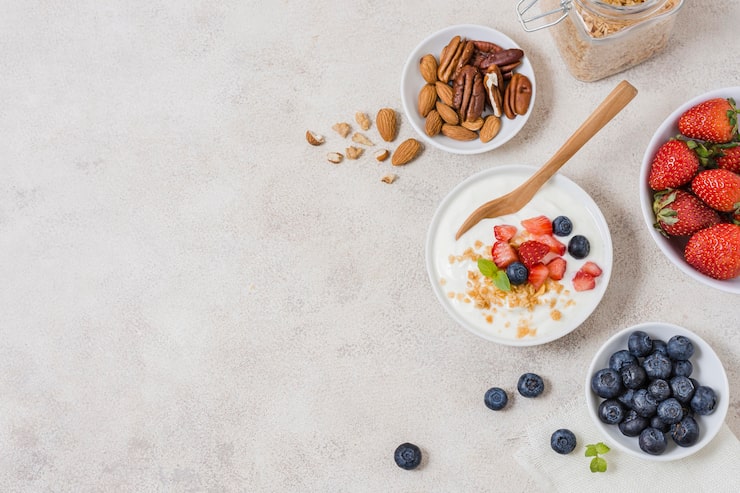Losing or gaining weight is one of the hardest things many people face. While it’s often reduced to “what you eat” and “how much you exercise,” staying healthy is more complicated than that.
Crash diets or extreme restriction aren’t sustainable and can harm your health. That’s where nutrition matters. A healthy eating pattern includes a variety of foods from all groups in the right amounts. So how is dieting different from nutrition, and can supplements like a magnesium complex help while you diet?

When people talk about their diet, they mean the foods and drinks they regularly choose. Culture, taste, health goals, and habits all shape those choices. Frequency matters too—some cultures eat more meat, others follow plant-based ways. Being on a particular diet doesn’t automatically make it healthy; some diets are full of processed, low-quality foods that can hurt health.
Nutrition is about the nutrients in the foods you eat: proteins, fats, carbohydrates, vitamins, and minerals. Good nutrition helps prevent chronic disease and keeps you well. If you want to build muscle or lose weight, proper nutrition lets your body change in a healthy way.
Knowing the difference between diet and nutrition helps you reach your goals. Aim for balance and include the essential nutrients your body needs. A balanced approach should include protein, healthy fats, whole grains, fruits, and vegetables. Vitamins, minerals, phytonutrients, and antioxidants are important too—foods like raw almonds, sweet potatoes, oats, seeds, avocados, berries, whole grains, leafy greens, and salmon are great sources.
Modern supplements and vitamin complexes can fill gaps when whole foods aren’t enough. High-quality supplements, including magnesium blends, can be helpful, but choose reputable products and, if possible, talk to a health professional first.
Balanced nutrition matters at every age. For children it supports growth and development. For adults it provides energy and supports immune function. For older adults it helps maintain strength and healthy aging. Good nutrition builds muscle, supports the immune system, and lowers disease risk. If you want to lose weight and feel better, cutting back on junk and processed foods is a good start.
Understanding what a healthy diet looks like prevents problems like underweight or obesity, which often come from too many processed, fatty, or high-calorie foods. Giving up favorite treats is hard, so the 80/20 rule can help: keep about 80% of what you eat healthy—whole, unprocessed foods, fruits, vegetables, and healthy fats—and allow some flexibility for the other 20%.
After you establish a healthy eating pattern, look for ways to improve nutrition further: choose whole grains, low-fat dairy or dairy alternatives, lean proteins, plenty of vegetables, and drink enough water.
In short, dieting is usually a short-term change in eating habits, while nutrition is a long-term commitment to healthy food choices. There’s no single best diet for everyone; the right plan depends on your needs and goals. If you’re unsure where to start, consult a registered dietitian or nutritionist to create a plan that fits you. If that’s not possible, many reliable online tools and apps can help you track food and calories and learn healthier habits.